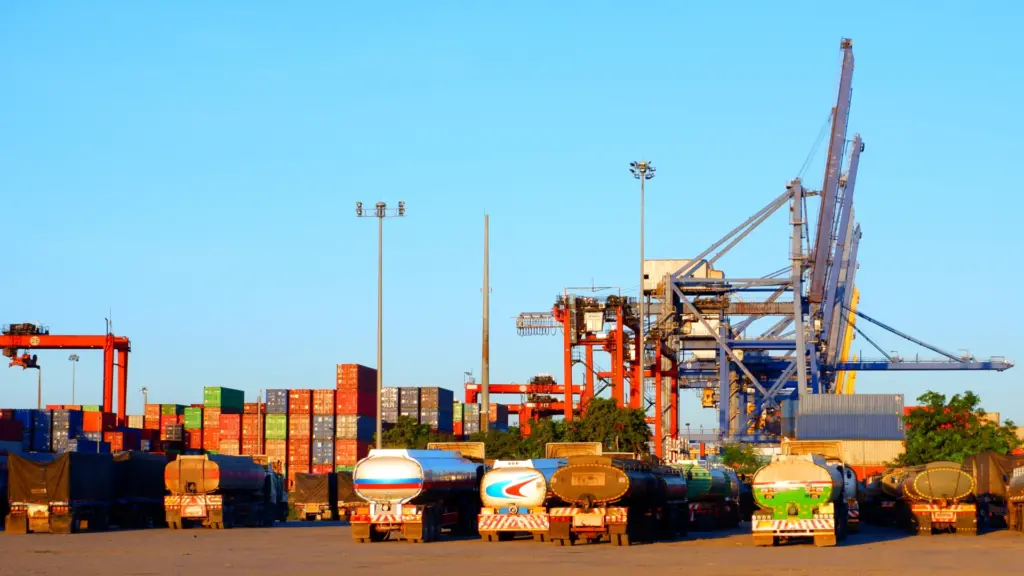cross-posted from: https://feddit.org/post/199594
- Unless Beijing implements serious demand reforms, developing nations will be crowded out of manufacturing by Chinese overcapacity, leaving them dependent and without export opportunities, an analyses finds.
- Despite some benefits, rising Chinese exports have also sharply increased Chinese companies’ market power in less industrialized countries. This makes these countries vulnerable to monopolistic practices such as withholding supply or colluding to raise prices, as well as to market disruptions, pandemic-like external shocks, and potential economic coercion.
- While sharply increasing its exports to sell its overcapacity, China doesn’t show willingness to increase its imports. Since 2019, China’s manufacturing imports from emerging economies, already weak relative to the size of its economy, have plateaued in absolute terms for countries like Vietnam, or outright declined in the case of Malaysia and Thailand (Figure 7).
- Put differently, if China had increased its manufacturing imports as much as its exports since 2019, it would have created an additional $363 billion in import demand in 2022, or the equivalent of 11% of total manufacturing exports from developing countries. If it simply imported manufactured goods as much as it exported them in 2022, the additional demand would be equivalent to 54% of developing countries’ total manufacturing exports.
- Similar to exports, the weakness of China’s imports also has a bigger impact on emerging economies than developed ones. While China still needs to import high-tech products from rich industrialized economies, it imports very few low-tech goods, where developing countries would have a comparative advantage - a major argument China has been using to justify its role as an exporting country selling to the EU and the US.
You must log in or register to comment.


